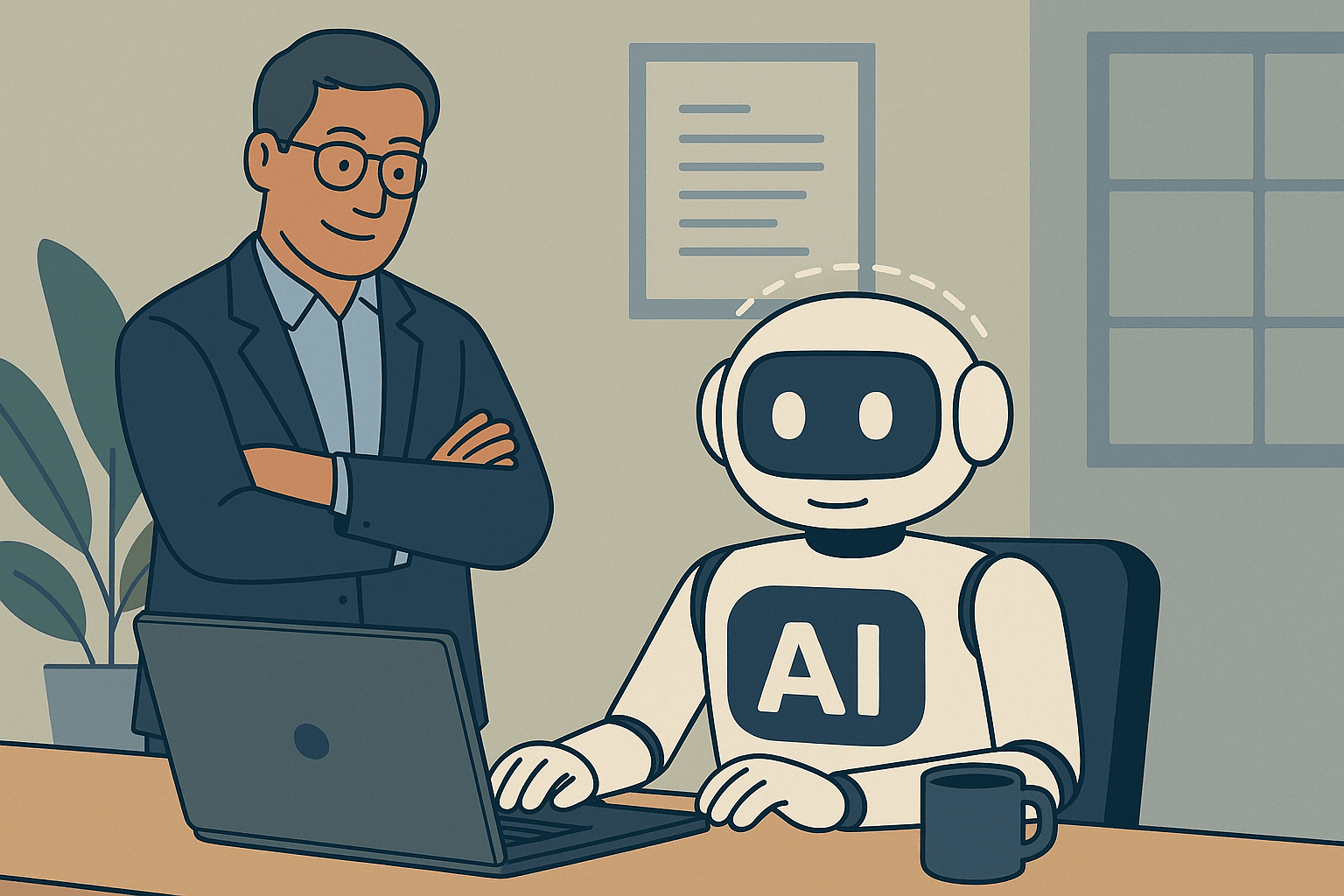In 2025, the technological landscape is witnessing a paradigm shift with the emergence of AI agents—autonomous systems capable of managing complex workflows with minimal human intervention. These agents are not just enhancing productivity but are also redefining the way businesses operate across various sectors.
What Are AI Agents?
AI agents are advanced systems that can perform tasks, make decisions, and learn from interactions without constant human oversight. Unlike traditional AI models that require specific inputs for each task, AI agents can autonomously navigate through multiple steps to achieve a goal. For instance, they can analyze data, generate reports, and initiate follow-up actions, streamlining entire processes.
The Rise of AI Agents in 2025
The integration of AI agents into business operations has been accelerated by the need for efficiency and the rapid growth of data. Companies are leveraging these agents to handle customer service inquiries, manage supply chains, and even conduct financial analyses. AI agents are evolving from semi-autonomous systems requiring human oversight to fully autonomous entities capable of orchestrating tasks independently .
Latest Read: Elon Musk Said This About Google’s Updated Veo3 AI Video Generation Model. (You Won’t Believe)
Impact on Various Industries
- Customer Service: AI agents are revolutionizing customer support by providing instant responses, handling multiple queries simultaneously, and learning from past interactions to improve future responses.
- Healthcare: In the medical field, AI agents assist in diagnosing diseases, managing patient records, and even suggesting treatment plans based on vast datasets, thereby reducing the burden on healthcare professionals.
- Finance: Financial institutions employ AI agents for real-time fraud detection, risk assessment, and personalized financial advice, enhancing both security and customer experience.
Challenges and Ethical Considerations
While AI agents offer numerous benefits, they also pose challenges, particularly concerning transparency and ethical use. Ensuring that these systems operate without bias and maintain data privacy is crucial. Organizations must implement robust safeguards to address these risks and ensure that AI-driven processes remain transparent and aligned with corporate values .
The Future Outlook
As AI agents continue to mature, their capabilities will expand, leading to more sophisticated applications. The potential for these agents to transform industries is immense, but it requires careful implementation and continuous monitoring to harness their full potential responsibly.
Gartner predicts that by 2028, 15% of all work decisions in India will be made by autonomous agents. The future of work is no longer about tools—it’s about collaborating with AI teammates.
Conclusion
The advent of AI agents marks a significant milestone in the journey towards automation and efficiency. By embracing these technologies thoughtfully, businesses can unlock new levels of productivity and innovation, positioning themselves at the forefront of the digital revolution.
AI agents are no longer science fiction—they’re rewriting the rules .



